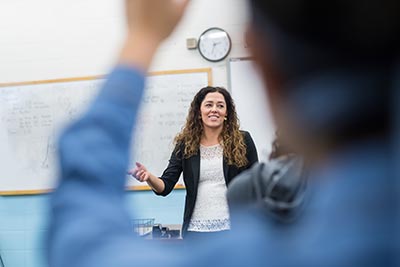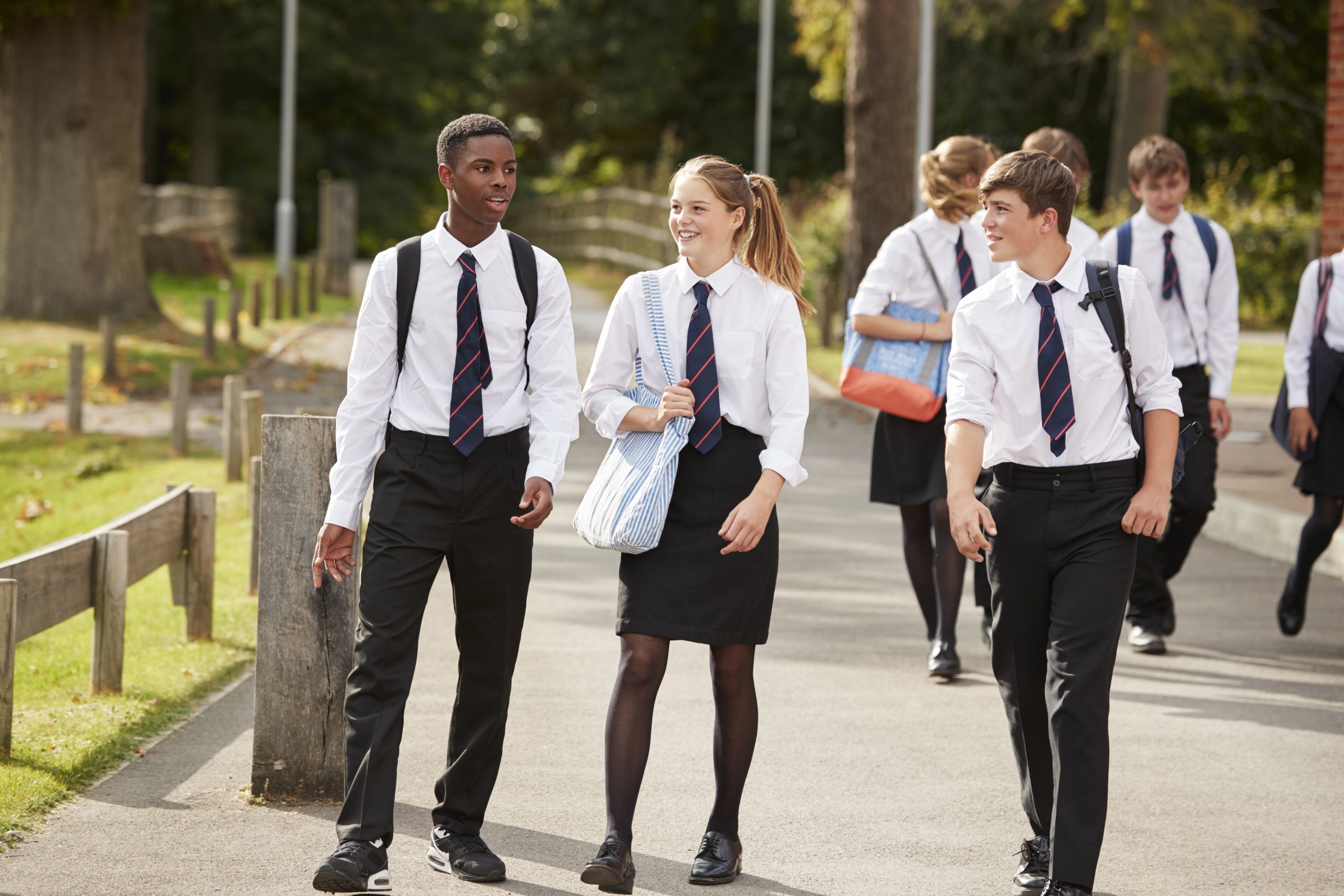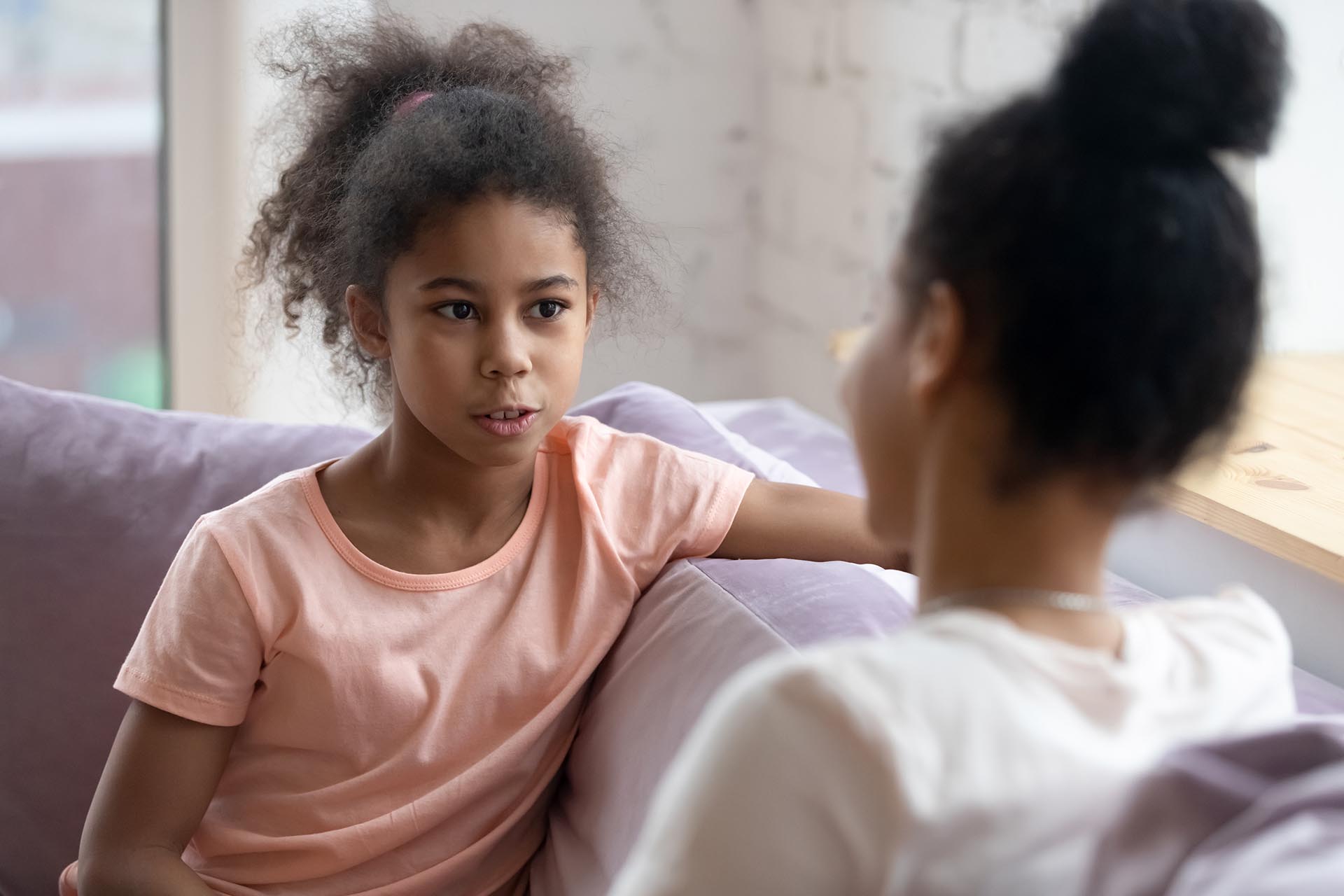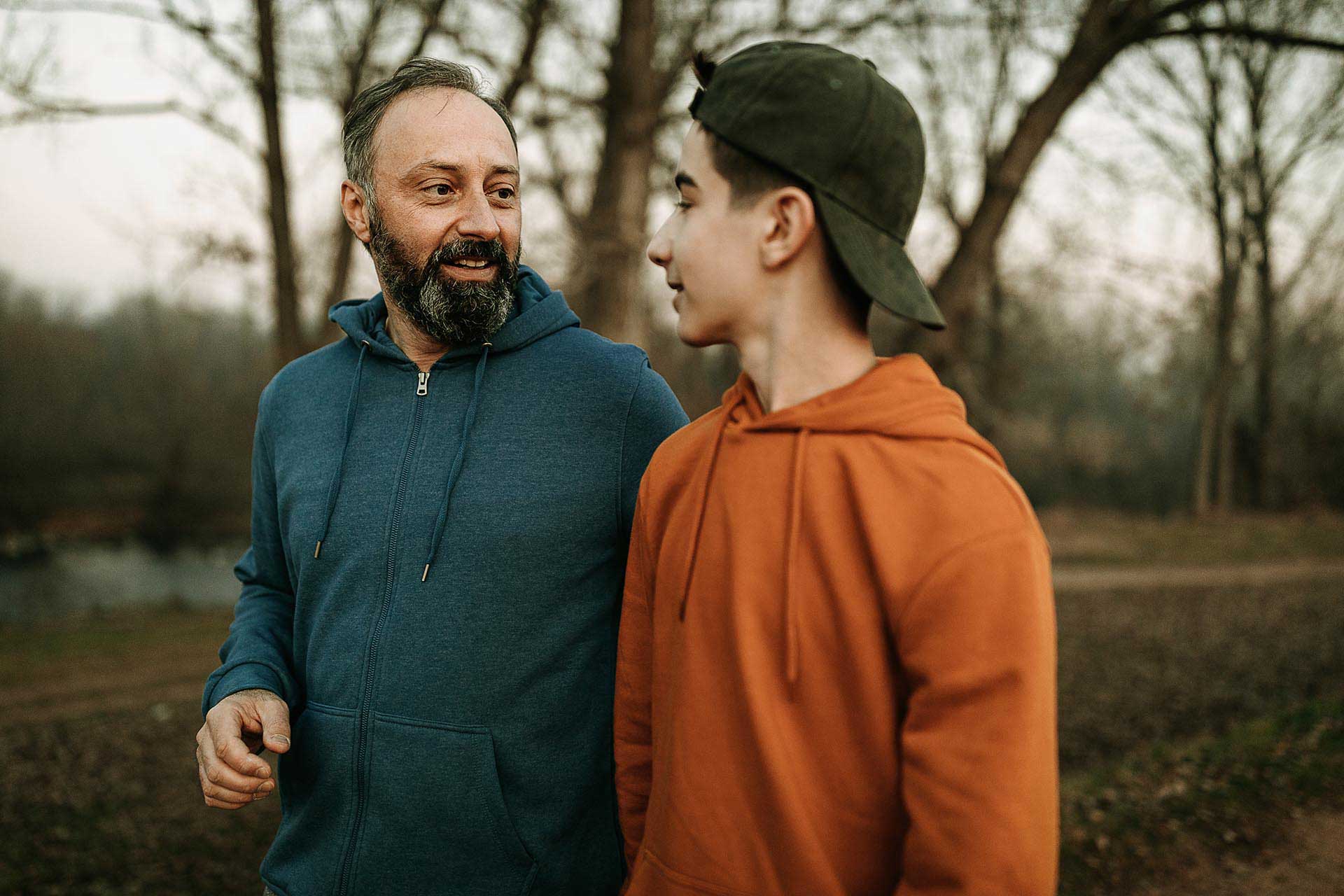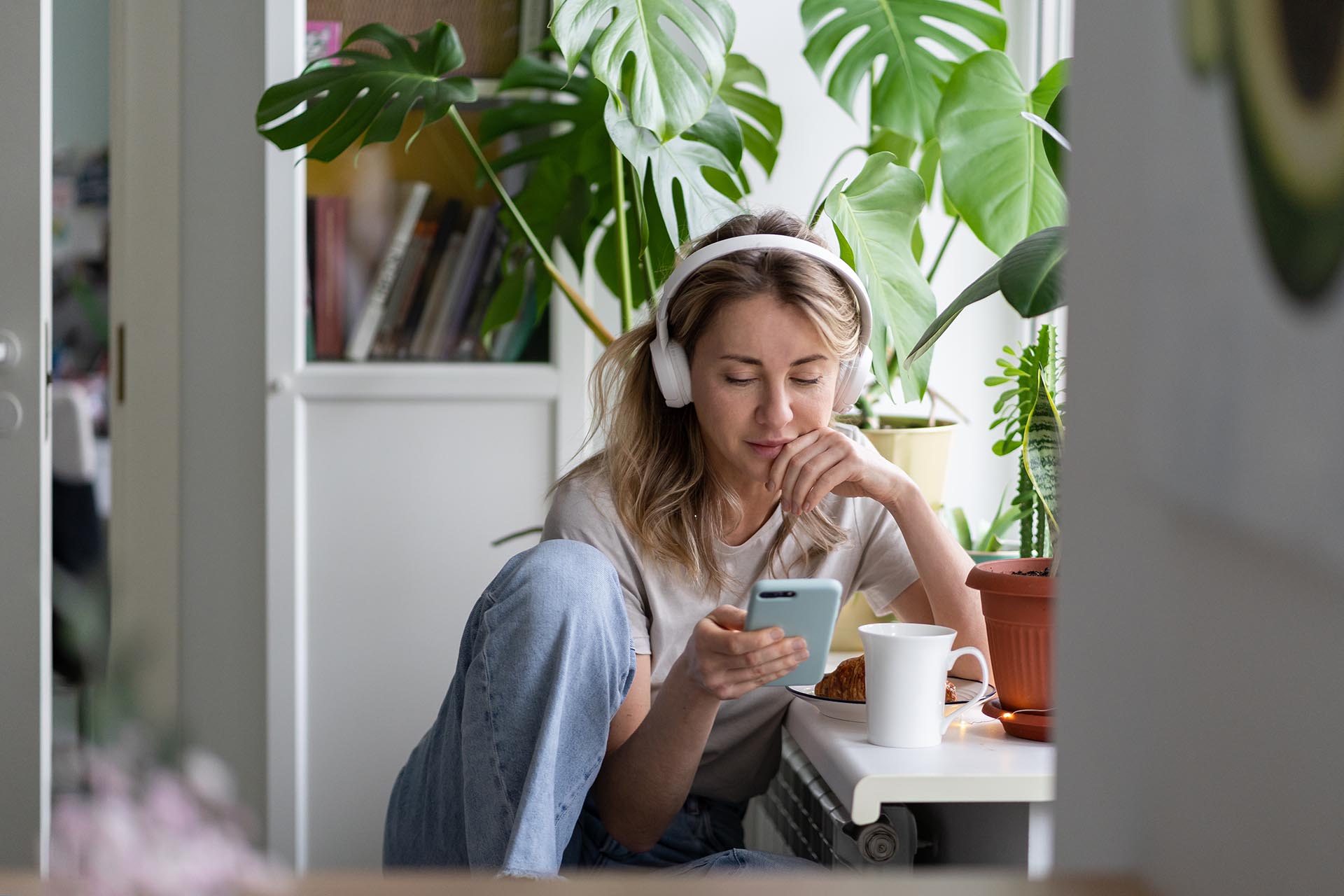Okay, well: 3 tricky questions young people often ask, and how to answer them
Our young people need to know they can always come to us to ask questions—especially ‘tricky’ ones—no matter how awkward it is in the moment. If parents and carers aren’t present and available to answer questions, correct misinformation, and give clear expectations, we’re leaving our kids alone to navigate the big job of growing up. In our ‘Tricky Questions’ podcast episodes, SEA founders Jenny and Justine discuss common questions our team hears in the classroom from children aged 10-12 years. Now, we’re taking the series to our blog, so you can easily save the advice for when these questions come up (because we all know, they often come up when you least expect it).
Q: Why do people get erections?
How to answer:
We’d stick to a scientific answer in explaining erections, going into more detail depending on the age of the young person asking. Explain how increased blood flow in a penis makes it hard and a bit bigger (we recommend being careful with language here, avoiding saying things like ‘it becomes really big’).
Let them know that while erections can be caused by sexual thoughts or feelings, they can also be random and not linked to sexual thoughts. Spontaneous erections are usually caused by hormones and are very common—especially during puberty. It is also common to wake up with an erection without having had sexual dreams because the puberty hormones surge just before someone wakes up. Spontaneous erections should go away on their own, usually within a few minutes.
Our tip for talking:
Erections can be an awkward topic, and experience, for young people going through puberty. Let your young person know that although they might feel self-conscious when it happens, it’s unlikely anyone else will notice. Erections are very normal, and it’s normal to get them during the day and night, especially when going through puberty.
Q: What is porn?
How to answer:
It’s useful to know where your young person is coming from before you answer. We suggest ‘throwing the question back’ by asking them what they know or have heard from their friends about pornography. This gives you a chance to correct any misinformation.
Once you’ve gauged what your young person knows already, keep the explanation brief: we usually would say something along the lines of ‘porn is pictures and videos of naked people online and they might be doing sexual things, and it’s never for children.’ Let them know that seeing these things is not good for a child’s developing brain and that children can react in many ways if they see these things. They might find them; scary, gross, weird, upsetting, confusing, embarrassing, exciting, or make them feel curious. However they react, it’s really important to tell a trusted adult so they can help talk things through.
If it’s a discussion with an older child (say, year five or above), we’d definitely talk to them about how a lot of pornography doesn’t show consent, and connect it to a larger discussion about respectful relationships and body safety.
Our tip for talking:
While it’s important to have a pre-emptive conversation about porn (this article talks about why we should talk to children about explicit content as soon as they have access to a device), parents of teens—who have likely been exposed already—can raise the topic of pornography as part of a larger, ongoing discussion about consent. If you’re struggling with broaching the conversation, Justine wrote this piece for The Age discussing how to approach the topic of porn with young people.
Q: Why do people get crushes?
How to answer:
We would advise parents to first make sure they know what crushes are, with a simple explanation.The way we like to explain crushes to young people is that it’s the brain’s way of thinking about the qualities we might want in a partner one day.
And what should your child do if they like someone? It’s important for them to know they don’t have to do anything. The question for them to ask themselves is, ‘Why do I want my crush to know I like them?’, and ‘How would telling my crush make them feel?’ It could go well or not so well, and they don’t want to make anyone else feel uncomfortable or for it to make your friendship awkward. In primary school, it’s probably best to keep crushes to yourself.
Our tip for talking:
It’s important for parents to consider how big or special these feelings might be for their child—making sure not to minimise their feelings or make fun of them. Let them know that while their feelings are valid that they don’t have to tell anyone about them—it’s okay to keep their crush private.
Further reading
- THAT Sex Ed Podcast episodes on tricky questions (listen to parts one and two here)
- our fact sheet, ‘Let’s talk: 5 tips for answering tricky questions’
